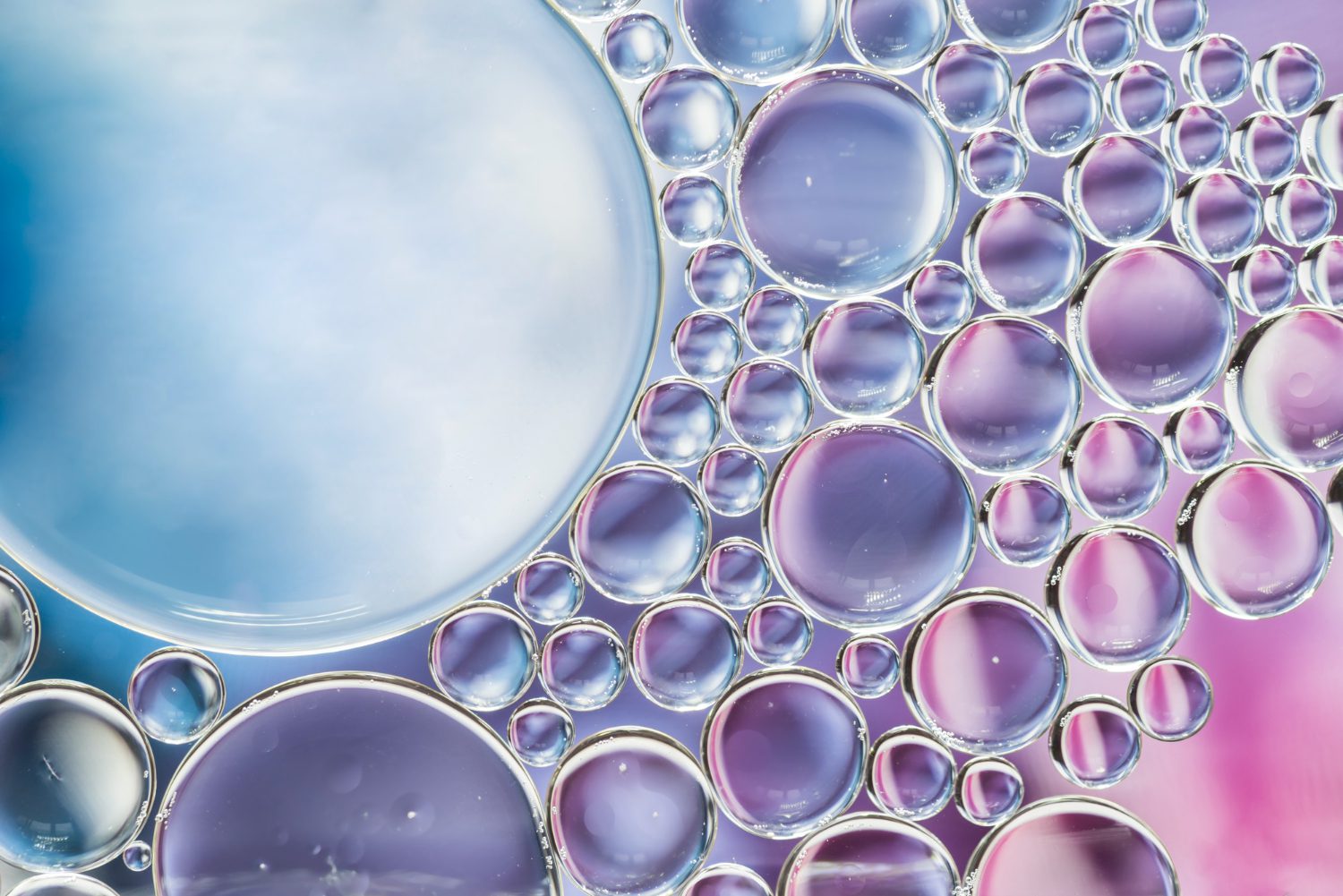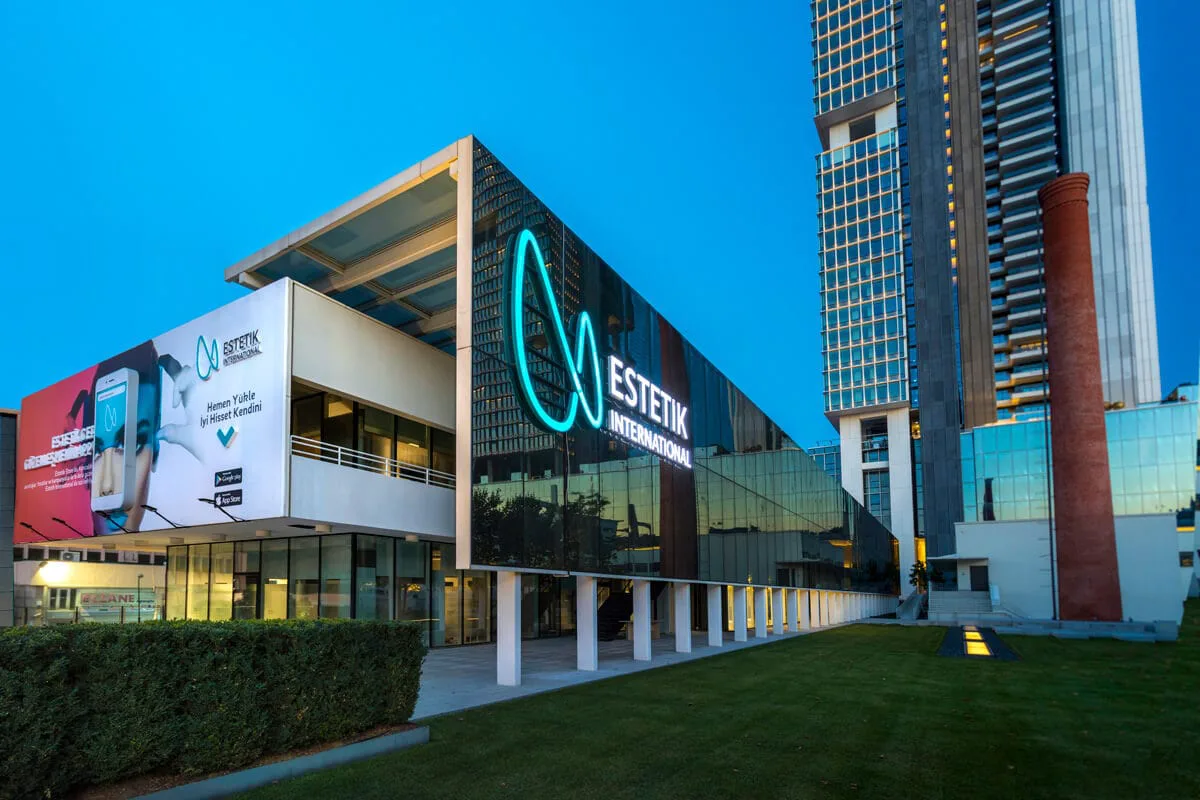Autismus oder Autismus-Spektrum-Störung (ASD) ist eine komplexe neurologische Entwicklungsstörung, die durch Defizite in der sozialen Kommunikation, stereotypes Verhalten und eingeschränkte Interessen gekennzeichnet ist. Da Autismus weltweit immer häufiger auftritt, ist die Wissenschaft bestrebt, wirksame Behandlungsmethoden zu finden, die die Lebensqualität der Patienten verbessern könnten. Ein vielversprechender Ansatz in diesem Bereich ist die Stammzelltherapie.
Stammzelltherapie für Autismus
Stammzellen sind einzigartige Zellen im Körper, die die Fähigkeit haben, sich in verschiedene Arten von Zellen und Geweben zu differenzieren. Es gibt mehrere Arten von Stammzellen, die in der Medizin verwendet werden. Die Stammzelltherapie zielt darauf ab, geschädigte Zellen und Gewebe zu regenerieren oder zu ersetzen sowie die Immunreaktion des Körpers zu modulieren. Im Falle von Autismus beinhaltet die Therapie die Verabreichung von Stammzellen, um die normale Gehirnfunktion wiederherzustellen und die neuronalen Verbindungen zu verbessern.
Auswirkungen von Stammzelltherapien bei Autismus
Der genaue Wirkmechanismus von Stammzellen bei der Behandlung von Autismus ist noch nicht vollständig geklärt, aber es gibt Hypothesen zu mehreren Schlüsselbereichen ihrer Wirkung.
- Modulation von Entzündungen.
Entzündliche Prozesse im Gehirn spielen eine wichtige Rolle bei der Entstehung von Autismus. MSZ haben entzündungshemmende Eigenschaften und können die Entzündung im Gehirn verringern, was die neurologischen Funktionen verbessert.
Stammzellen können die Bildung neuer Neuronen anregen und das Überleben bestehender Neuronen unterstützen. Dies ist besonders wichtig für die Reparatur geschädigter neuronaler Schaltkreise, die mit kognitiven und sozialen Funktionen verbunden sind.
- Modulation des Immunsystems.
Autismus wird mit einer Störung des Immunsystems in Verbindung gebracht. Stammzellen sind in der Lage, die Immunreaktion zu regulieren, Autoimmunreaktionen zu verringern und den allgemeinen Zustand des Patienten zu verbessern.
- Unterstützt das Überleben der Zellen.
Die Einführung von Stammzellen kann dazu beitragen, die Neuronen vor Schäden und Apoptose (programmierter Zelltod) zu schützen, was auch die kognitiven Funktionen verbessert.
Bislang wurden mehrere klinische Studien durchgeführt, um die Wirksamkeit der Stammzellentherapie bei Autismus zu bewerten. Einige von ihnen haben ermutigende Ergebnisse erbracht. An der in Indien durchgeführten Studie nahmen 32 Kinder mit Autismus teil. Ihnen wurden aus dem Knochenmark gewonnene MSC injiziert. Nach der Behandlung kam es zu einer Verbesserung der Sprach- und kognitiven Funktionen sowie zu einem Rückgang von aggressivem Verhalten und Angstzuständen.
Eine ähnliche Studie, die nur in den Vereinigten Staaten durchgeführt wurde, befasste sich mit 25 Kindern, bei denen ASD diagnostiziert wurde und denen ESCs verabreicht wurden. Die Ergebnisse zeigten signifikante Verbesserungen bei der sozialen Anpassung, eine Verringerung der ASD-Symptome und eine Steigerung der Konzentrationsfähigkeit. Trotz der positiven Ergebnisse ist es wichtig, darauf hinzuweisen, dass die Stammzelltherapie bei Autismus noch nicht abgeschlossen ist. Das Fehlen groß angelegter, randomisierter und kontrollierter Studien macht es schwierig, eine endgültige Aussage über die Wirksamkeit und Sicherheit dieser Methode zu treffen.
Nutzen und Grenzen der Stammzelltherapie bei Autismus
Im Folgenden werden die Vorteile aufgeführt, die von Ärzten auf der Grundlage praktischer Studien festgestellt wurden.
- Potenzial für die Regeneration geschädigter Neuronen. Stammzellen können die Reparatur und Bildung neuer neuronaler Verbindungen anregen, was theoretisch die kognitiven und sozialen Funktionen verbessern könnte.
- Verringerung von Entzündungen und Modulation des Immunsystems. Die entzündungshemmenden und immunmodulierenden Eigenschaften von Stammzellen könnten die häufig mit Autismus verbundenen Autoimmunreaktionen verringern.
- Keine Notwendigkeit einer langfristigen medikamentösen Behandlung. Die Stammzelltherapie kann langfristige Lösungen bieten, ohne dass eine ständige medikamentöse Behandlung erforderlich ist.
Zu den heute bekannten möglichen Einschränkungen gehören die folgenden.
- Mangelndes Verständnis der langfristigen Folgen. Derzeit gibt es keine Langzeitdaten über die Sicherheit und Wirksamkeit der Stammzelltherapie bei Autismus.
- Hohe Kosten der Behandlung. Die Stammzellentherapie ist ein kostspieliges Verfahren, das die Verfügbarkeit für eine große Zahl von Patienten einschränkt.
- Ethische und rechtliche Fragen. Die Verwendung von embryonalen Stammzellen unterliegt ethischen und rechtlichen Beschränkungen, die ihre Verwendung in der klinischen Forschung einschränken.
- Mangel an einheitlichen Behandlungsprotokollen. Es gibt keinen einheitlichen Standard oder ein Protokoll für die Verwendung von Stammzellen bei der Behandlung von Autismus, was den Vergleich der Ergebnisse verschiedener Studien erschwert.
Eine der fortschrittlichsten Kliniken, die Stammzellen erfolgreich zur Behandlung von Autismus einsetzen, ist das Cellthera Stammzelltherapiezentrum in der Tschechischen Republik. Unsere Manager werden Sie bei der Kontaktaufnahme mit der Klinik für eine erste Beratung umfassend unterstützen.
Die Stammzelltherapie stellt also eine vielversprechende Richtung in der Behandlung von Autismus dar und bietet die potenzielle Möglichkeit, den Zustand der Patienten deutlich zu verbessern. Trotz ermutigender Ergebnisse aus einer Reihe von klinischen Studien muss diese Methode noch weiter untersucht und durch groß angelegte randomisierte kontrollierte Studien validiert werden.
Zum gegenwärtigen Zeitpunkt kann die Stammzelltherapie nicht als Standardbehandlung für Autismus angesehen werden, und Patienten, die diese Methode in Erwägung ziehen, sollten die Risiken sorgfältig abwägen und die Optionen mit medizinischen Fachleuten besprechen. In Zukunft, wenn die klinische Erfahrung zunimmt und mehr Forschung betrieben wird, könnte die Stammzelltherapie ein wichtiges Instrument in einem umfassenden Ansatz zur Behandlung von Autismus werden und dazu beitragen, die Lebensqualität der Patienten und ihrer Familien zu verbessern.











